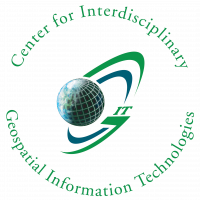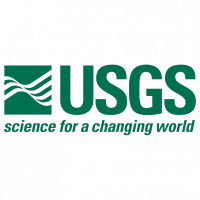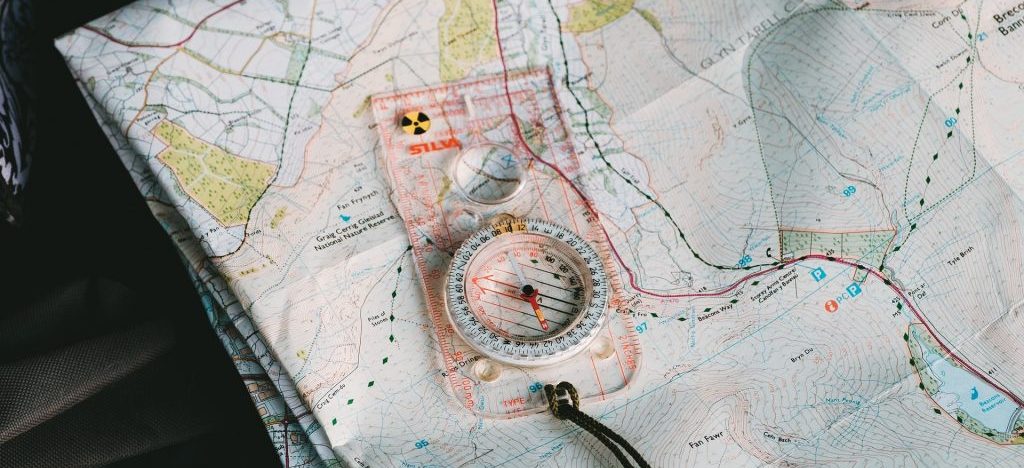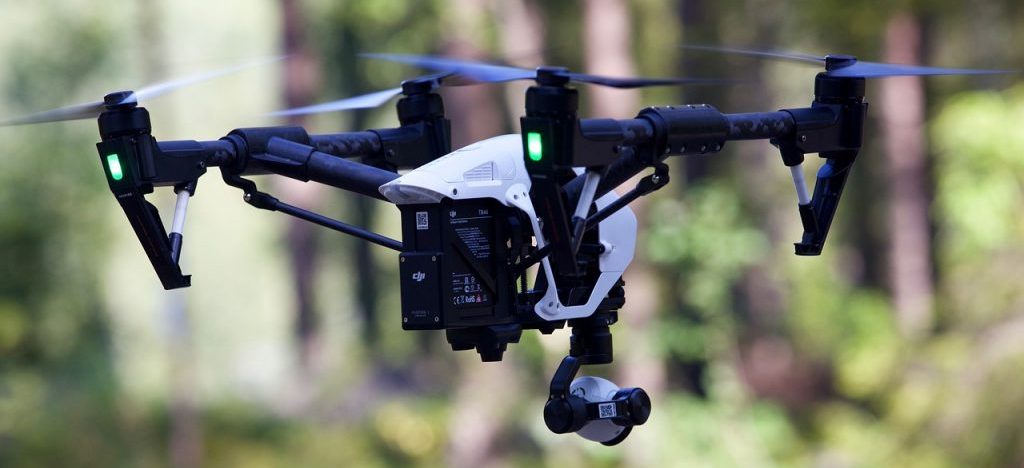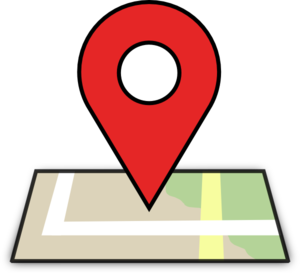The Geospatial Center offers a variety of academic opportunities for a variety of different degrees. With these flexible programs, there are many routes our students can take to complete their education.
Undergraduate Programs (available fully online)
Bachelor of Applied Science in Geospatial Analysis and Intelligence
This 68-hour major program of study provides students with basic and advanced skill sets in all aspects of geospatial information technologies. Learn More…
Bachelor of Science in Interdisciplinary Studies
This program allows students to combine the fundamentals of 2 or 3 different but complementary fields of study together into a customized major. Learn More…
Bachelor of Science in Environmental Sciences
This degree program requires foundation coursework in geospatial technologies and allows for an options GIT concentration. Learn More…
Certificate Program (available fully online)
Geospatial Analysis and Intelligence Certificate Program

The Geospatial Analysis and Intelligence (GAI) Certificate program is an intensive 21 credit-hour program of study open to all students. Students will learn advanced skills in remote sensing, GIS, analytics, programming, spatial data management, and intelligence analysis. Learn More…
Graduate Programs (available fully online)
Master of Applied Science in Geospatial Information Technologies
The MAS-GIT is 16-month online degree program that offers advanced coursework, practicum, and independent research opportunities in the application of geospatial science and technologies. Learn More…
Students should look to an Academic Map when considering courses to find specific courses required in their major.
Courses Offered
(online courses are available)
Geospatial Primer GIS 100
Presented as an introductory-level course, students will explore spatial technologies through cartography. They learn to understand scale, projections, coordinate systems, layout styles, and similar concepts through the review of existing map products. With the knowledge of the history of maps and their impact as visualization tools, students are also able to create their own maps.
3 Hours
Introduction to GIS GIS 202
An introduction to the theory and practice of spatial science and technology using the scientific method as a learning gateway. Fundamental concepts include geodesy, coordinate systems and projections, basic computer science, inductive/deductive reasoning skills, data structures, hypothesis development and testing, map reading, land navigation, and GIS software skills. Satisfies the General Education Lab Science requirement for non-science majors
2 Lecture Hours, 1 Lab Hour: 3 Hours
Introduction and History of GEOINT GIS 220
Historic perspective on the need for evolution, design, and incorporation of geospatial technologies in industry, government, and the private sector. Introduction to policy frameworks, applicable law, the intelligence cycle, ethical considerations, and basic tradecraft.
3 Hours
Introduction to Cartography and Visualization GIS 302
The cartographic process. Theory and practice of design principles, conceptualization, fundamental map and graph types, data design and structures for cartography and visualization.
3 Hours
Geospatial Analysis GIS 310
Advanced geospatial science and technology theory and skills. Topics include GIS systems and data planning and management, spatial analysis techniques, geographic networks and 3D techniques. Software skills development accompanies each lecture topic.
2 Lecture Hours, 1 Lab Hour: 3 Hours
Case Studies in GEOINT GIS 341
Case studies in contemporary applications of geospatial intelligence and analysis.
3 Hours
Topographic Mapping GIS 391
Students will learn to read, interpret, create, and publish topographic map products in accordance with current USGS standards. This includes the production of detailed marginalia, Geo-PDF formats, and the use of production editing and mapping tools to achieve standardized map products at multiple scales and print sizes.
2 Lecture Hours, 1 Lab Hour: 3 Hours
Structured Analytic Techniques for Intel. Analysis GIS 411
This course is a detailed exploration of intelligence capture and analysis techniques. Study of Big Data, unstructured data analysis, sense-making loops, and similar techniques for data discovery and hypothesis generation.
3 Hours
Trends in Spatial Technologies GIS 421
Students will learn contemporary trends in geospatial technologies.
3 Hours
Geospatial Mathematics, Algorithms, and Statistics GIS 461
This is a geostatistics and geo-mathematics course, presenting the underlying principles of GIS operations (raster, vector, or other data models), such as surface analysis, interpolation, network analysis, path optimization, topology, etc.
3 Hours
Programming GIS GIS 470
This course is intended to be an in-depth look at computer programming within Geographic Information Systems. The focus will be on GIS programming and methodology, utilizing practical GIS software and basic scientific computing skills, which will be developed with each lecture topic.
2 Lecture Hours, 1 Lab Hour: 3 Hours
Internet GIS and Spatial Databases GIS 480
The purpose of this course is to provide students with an understanding of how Internet GIS and spatial databases work and help them develop the skills requisite for success in this field. Software skills development will accompany each lecture topic.
2 Lecture Hours, 1 Lab Hour: 3 Hours
Geospatial Practicum GIS 490
This is a variable hour course. Students will show satisfactory progress on a project/capstone effort approved by faculty. Students will be expected to meet/discuss progress and lessons learned with the instructor on a regular basis and prepare a final report.
1-6 Hours
Special Topics in GIS GIS 492
Special topics in GIS.
3 Hours
Introduction to Imagery Science REM 202
Basic theory and practice of imagery acquisition, processing, interpretation of images, measurement/photogrammetry, and feature extraction.
3 Hours
Imaging Science: Passive Techniques REM 316
Students will learn the fundamentals of remote sensing to include the principle of E-M radiation, energy interaction with the atmosphere and biosphere, and feature/object identification. Reinforcement of fundamental physics and chemistry associated with the interaction between light and matter. Application of software skills.
3 Hours
Imaging Science: Active Techniques REM 421
Active remote sensing to include microwave-, LiDAR-, RADAR-, SAR and related approaches are discussed alongside application, theory, and methods using practical exercises
3 Hours
Special Topics in Imaging Science REM 492
Special topics in Imaging Science.
3 Hours

No Out-of-State Fees

USGS and NGA Center of Academic Excellence in Geosciences

Signature Program at Delta State
GET IN TOUCH
Talbot J. Brooks, Director
662.846.4520
tbrooks@deltastate.edu
Chris Smith, Program Manager
662.846.4521
cdsmith@deltastate.edu
Mailing Address
GIT Center
Delta State University
Box 3325
Cleveland, MS 38733-3325
Shipping Address
GIT Center
Delta State University
1417 Maple St.
Cleveland, MS 38733
Physical Address
GIT Center
Kethley Hall, Suite E
Delta State University
US National Grid
15SYT098364

